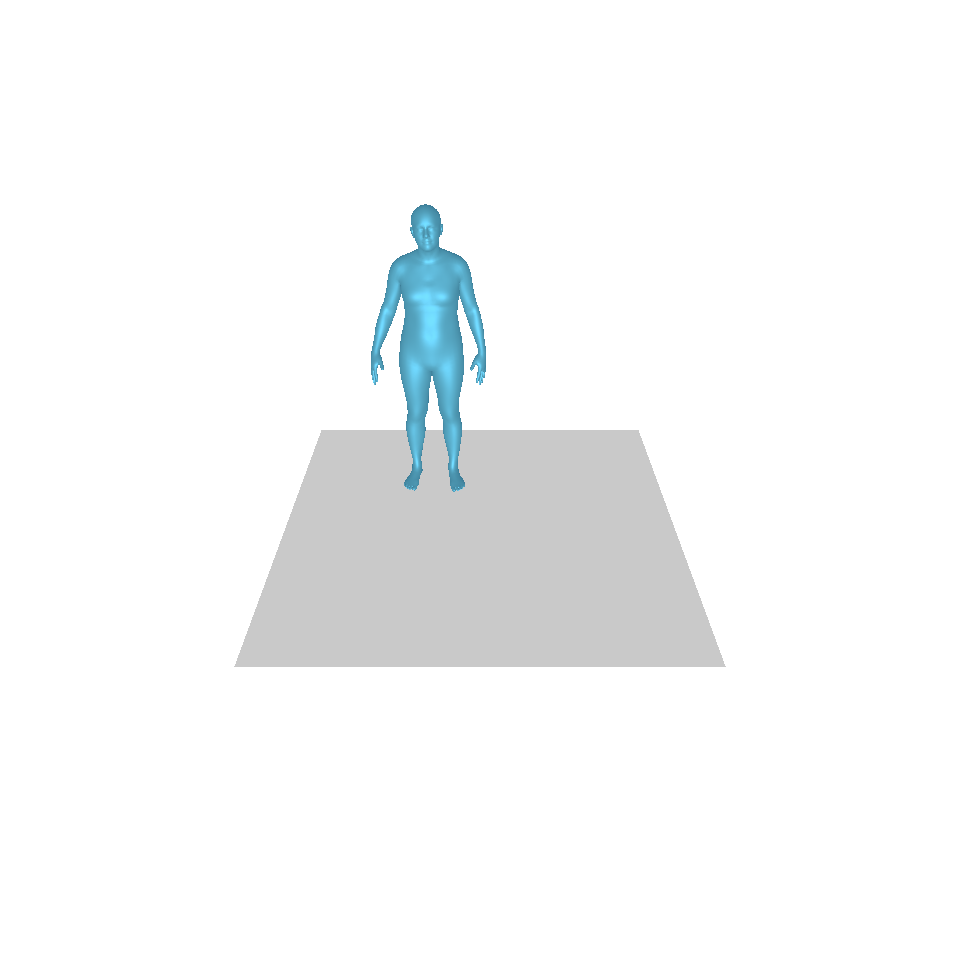Generating Human Motion from Textual Descriptions (T2M-GPT)
This space uses
T2M-GPT models based on Vector Quantised-Variational AutoEncoder (VQ-VAE) and Generative Pre-trained Transformer (GPT) for human motion generation from textural descriptions🤗
''')
with gr.Row():
with gr.Column():
gr.Markdown('''



